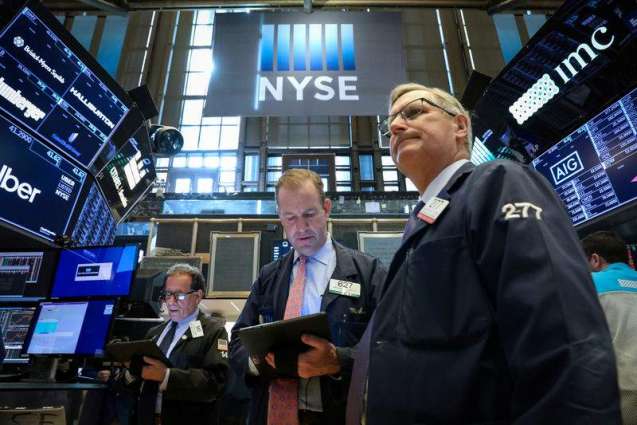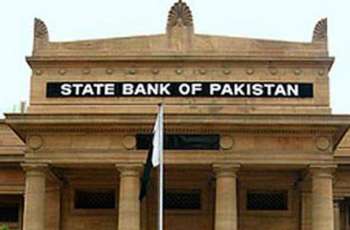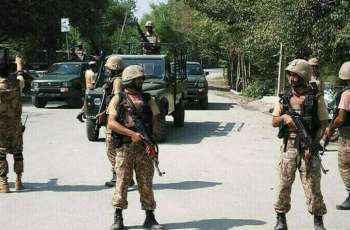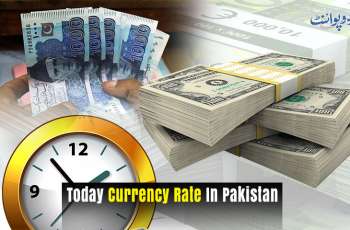Shares on Wall Street mostly opened between flat and higher on Tuesday before promptly falling back by mid-morning as investors and traders struggled to find new optimism that could get the market beyond the US-Iran conflict
NEW YORK (Pakistan Point News / Sputnik - 07th January, 2020) Shares on Wall Street mostly opened between flat and higher on Tuesday before promptly falling back by mid-morning as investors and traders struggled to find new optimism that could get the market beyond the US-Iran conflict.
The top US stocks barometer, the S&P500, was down 0.2 percent at 3,240 at 11:00 AM ET (15:00 GMT), after opening flat.
The S&P500, which measures the value of the 500 largest US corporations by market capitalization, hit a record high of 3,258 on Thursday, the first trading day of 2020. It closed down on Friday and opened lower again on Monday as prices of crude oil, and safe havens such as gold and US Treasurys, rocketed in the aftermath of the US airstrike near Baghdad airport on Friday that killed Qassem Soleimani, commander of Iran's Revolutionary Guards' Quds force.
The technology-heavy Nasdaq Composite Index was down 0.1 percent at 9,068, after opening at 9,076 versus the previous session's 9,072 close.
The Nasdaq hit a record high of 9,093 at its 2020 debut. The technology sector was the darling of Wall Street investors last year, lifting the Nasdaq by 36 percent for the index's best performance in six years.
US stocks' broad Dow Jones Industrial Average was down 0.2 percent at 28,641. It opened at 28,640 versus Monday's close of 28,704. The Dow also hit an all-time high on the first session of the year, rising to 28,873. The broad Wall Street closed 2019 trading up 23 percent for its best performance in two years.
"After a brief focus on the US/Iran flare, risk sentiment has started to recover," TD Securities said in a market note. "That reflects the hopes that policymakers will avoid a military conflict. The situation remains fluid, of course, and like most geopolitical flareups, the impact serves to disrupt markets in the context of positioning and valuation."
Tehran and Washington exchanged strike threats after Soleimani's killing. Iran's Supreme Leader Ayatollah Ali Khamenei vowed "harsh revenge" while President Donald Trump said he has identified 52 targets in Iran, including sites of cultural prominence, in a plan for a counter attack that could be "disproportionate."



